Written by:
Dr. HO Chi-Ping, Patrick
Dr. LUFT Gal
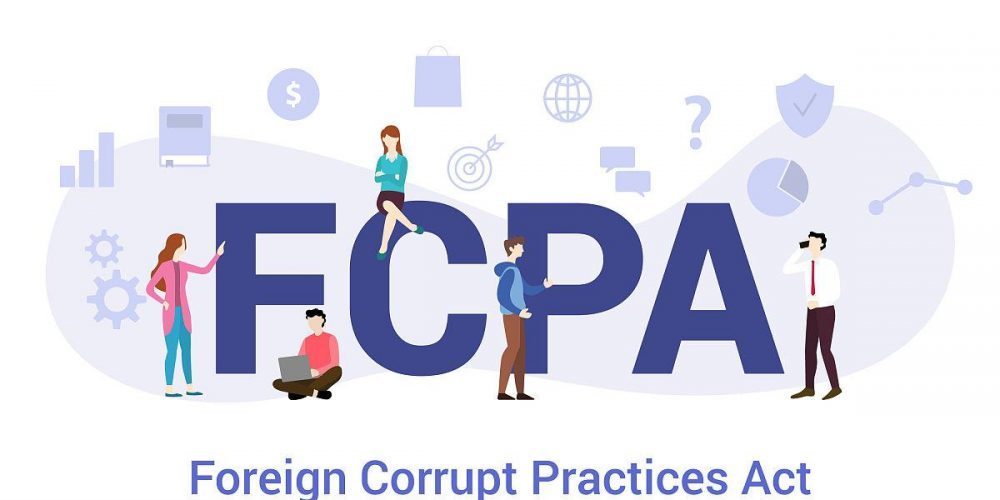
Image Source : Internet
The long arm of U.S. law has for years targeted foreign companies operating in other countries under the Foreign Corrupt Practices Act (FCPA).
The FCPA allows the Justice Department and the Securities and Exchange Commission to prosecute non-American entities and individuals operating abroad for bribes, kickbacks, money laundering and other unlawful practices. It aims to fight corruption and enhance transparency in order to level the playing field for U.S. companies competing against companies from countries in which the rule of law is less stringent than that in the U.S.: another assumption of American superiority and exceptionalism.

Image Source : Internet
FCPA brings roughly $1 billion a year in fines to the U.S. Treasury. But critics of the FCPA — top among them used to be a Manhattan businessman named Donald Trump who called it a “horrible law” — say it puts American companies at a competitive disadvantage, as he considered paying bribes had been and would be an advantage of the companies overseas, and that FCPA compliance prohibit American companies to compete abroad.
Additionally, most countries now have strict anti-bribery and corruption laws addressing bribery of their public officials, and why does the U.S. have the right to meddle in other countries’ internal affairs? To America, the practice of corruption is still extremely widespread globally. The American controlled World Bank estimates that over $1 trillion are paid in bribes each year and this costs the world more than 5 percent of its GDP. Under Transparency International criteria, there are more countries that are considered “corrupt” than those that aren’t. And those who are “corrupt” would prefer to break free from the dollar system. So, while the United States raises crusades to fight against what it considers as international corruption, it also risks paying a heavy price in the future when it comes to the strength and acceptability of its currency.
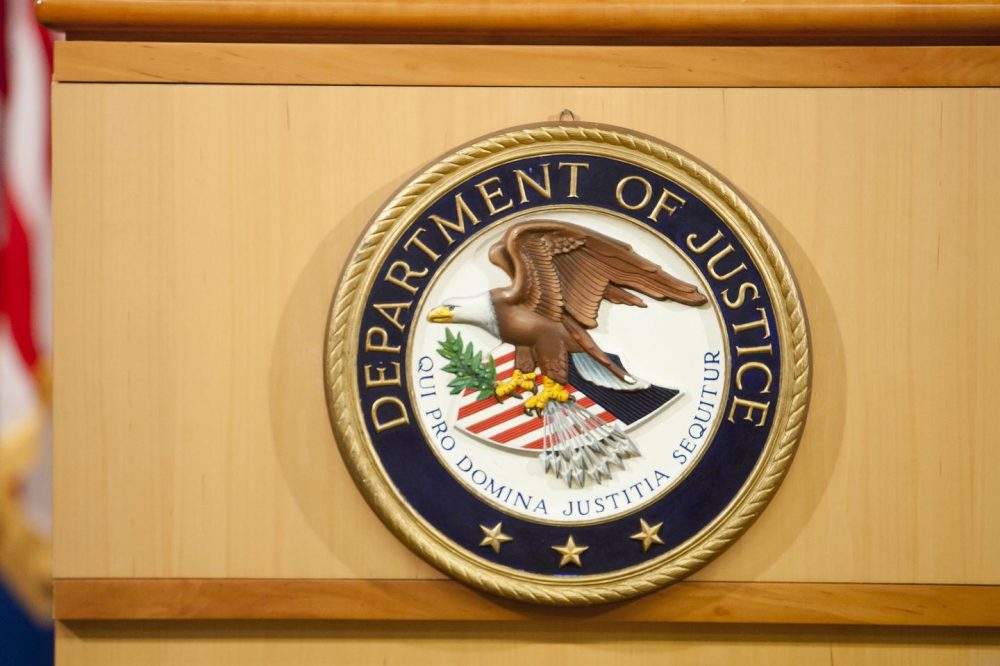
Image Source : Internet
First and foremost, what American regards as corruption may be socially accepted practices of goodwill in the indigenous communities in foreign countries where age-long tradition and culture condone such expression of generosity in return for favor and jobs well done. Did we not offer tips to persons who wait on our tables and serve us dishes in restaurants? In many cultures, red packages with money inside are given to people we like and as gesture of gratefulness. Surely, these could never be regarded as bribes.
Furthermore, American and American institutions have their own special way to offer “bribes” for favors and lenient acts done for intended purposes. They call these charitable donations. Many of these donations are made for political and commercial favors promised during election exercises. Voters are urged publicly to give money generously to politicians who vow for policies which would benefit these voters, directly and indirectly, expressively and implicitly. However, such “bribes” are legitimized in the U.S. as offering citizens’ supports through Political Action Committee (PAC) and Super PAC, which collect money on behalf of the politicians and political parties. But then again, no other country is permitted to do what American can do in America. What are prevalently practiced in America are called legitimate donations while the same donations made in other countries are regarded as bribes. And this must be flagrant hypocrisy and double standard at its best.
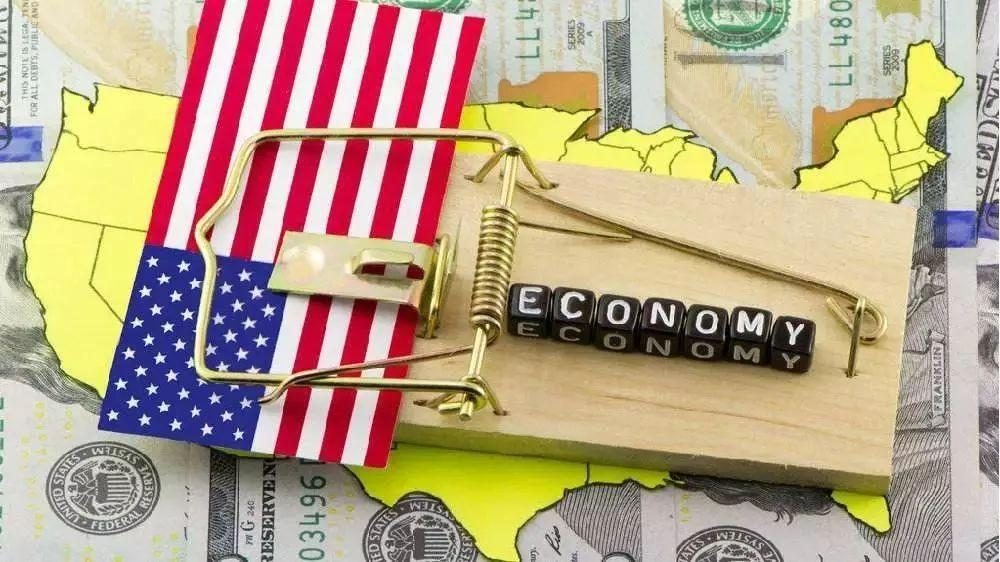
Image Source : Internet
What the United States considers as “domestic concern” bestows the legal right to extend its jurisdiction globally, and is underpinned by the nature and architecture of the international financial system and the internet backbone. Today, most of the world’s financial transactions transit in one way or another through the American economy. It is sufficient that a transaction anywhere in the world, even if between two entities which have nothing to do with the United States, is dollar denominated or processed through an American bank anywhere in the world, and also including U.S. branches of foreign banks, to enable U.S. authorities to claim jurisdiction over the matter. After all, the dollar, either real or just a number in an account or ledger, is the property of the U.S. government and any use of government property to perpetrate what the United States views as a crime makes it the business of its government. This enables the U.S. government to enforce measures like sanctions not only within its own borders and over its own citizens and residents, but also over other countries and their citizens.
If a German citizen “bribes” an African official using the American currency or wires him the money via a U.S. intermediary bank, or wiring money in U.S. dollars from one foreign bank to another foreign bank but routed through an entity (such as a bank) in the U.S. territory, and most of the time, unbeknownst to the transacting parties, this would be sufficient ground for U.S. authorities to prosecute, arrest, convict and jail him.

Image Source : Internet
Technically, U.S. jurisdiction could even be claimed for using internet servers located in U.S. territory to commit what America views as a crime. If emails are sent among a group of foreign conspirators located in Panama and those emails were somehow routed via American servers, U.S. authorities could claim extraterritorial jurisdiction and issue arrest warrants against the group.
The fact that most internet traffic is routed through the United States, the fact that the dollar is the most widely used currency, and that most international banks use U.S. based intermediary banks in wire transactions all give the United States power that no other country has today. It has not shied away from using such power. Why would all of these acronyms—IEEPA, FCPA, CAATSA, FATCA—be of any concern to America? After all, isn’t the role of the United States to be a promoter of law and order, making the world more free, democratic and transparent for the entire human race? Such has been the egoistic self-proclaimed destiny of a self-ordained hegemon.
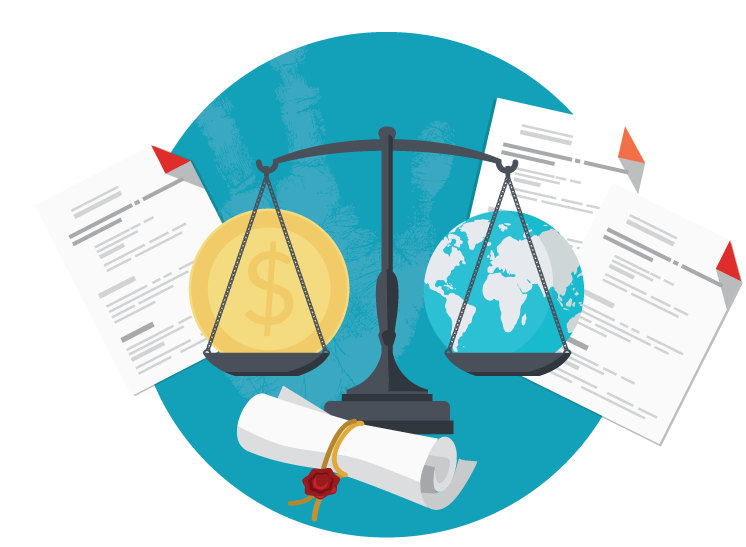
Image Source : Internet
In recent years two cases citing FCPA violations involving foreign nationals shook up the international community, one commercially, and the second politically.
In 2013, a French power company won the bid to build a nuclear power plant in a country in Southeast Asia over its U.S. competitor. The senior executive of this French power company was arrested while transiting in New York by the FBI and accused of bribery in the Asian country violating FCPA, the American law. He was imprisoned for more than two years, and his company was forced to pay the biggest financial penalty ever imposed by the U.S., $772 million dollars in fines, thus bankrupting the company which was then bought by its US competitor while taking over the nuclear plant project originally contested in the Asian country. Upon his return to France, he published an expose detailing his American ordeal while unpacking how the U.S. is using corporate law as an economic weapon against its own allies. One after the other, some of the world’s largest companies are being actively destabilized and penalized to the benefit of the US, in acts of economic sabotage that seem to be the beginning of a secret economic war the U.S. is waging in Europe. The Chinese translation of this French book has become a national bestseller.
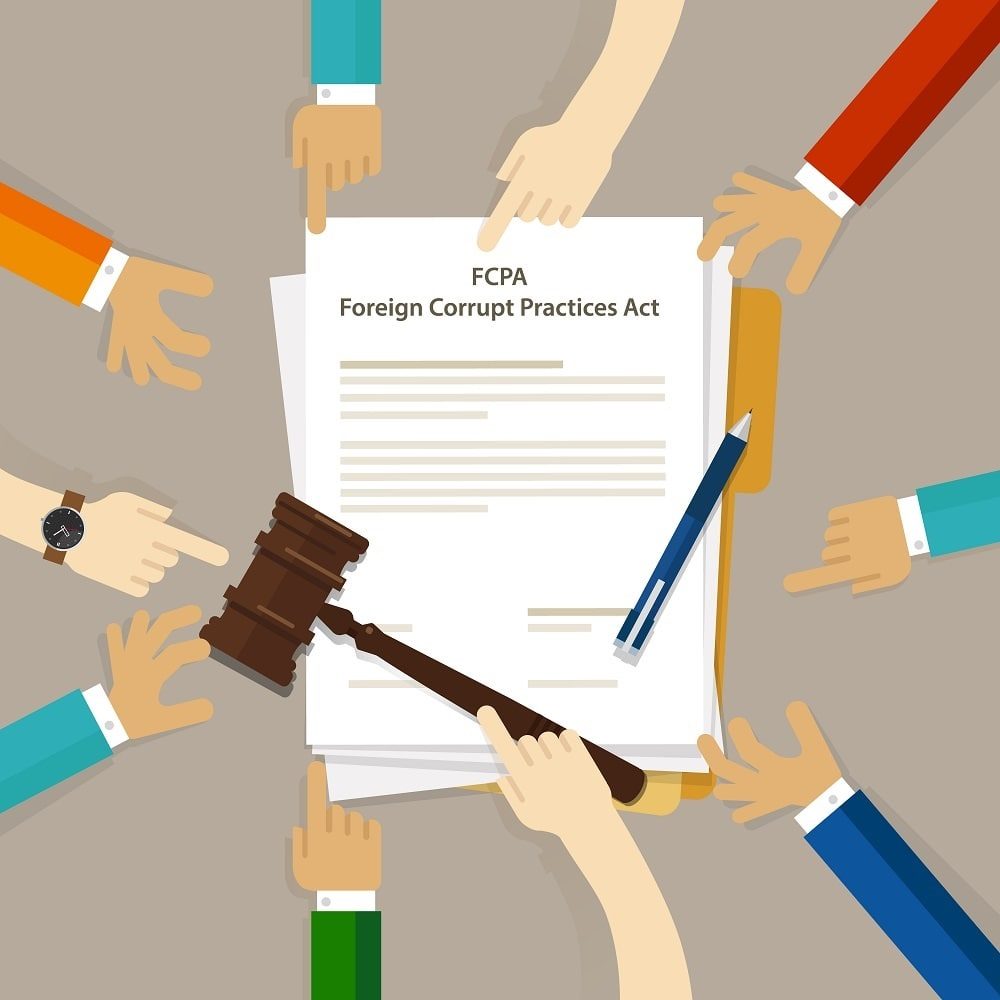
Image Source : Internet
Then came the second case in November of 2017, when a Hong Kong professor turned politician and head of a local thinktank supported by a private Chinese energy enterprise was arrested in New York airport while on his way to the United Nations. He was later convicted by a New York jury for violating the FCPA when the Chinese donations were considered as bribes to top officials in African countries. What gave U.S. authorities the jurisdiction to interfere in a business deal that was purely between African and Chinese nationals was the fact that the donations, regarded as bribery payments, were made in U.S. dollars—property of the U.S. government—and payments were wired via a U.S. intermediary bank without knowledge by the remitting and receiving parties.
This FCPA case involving a Chinese national was the first blood drawn, suddenly dawning on Beijing that the United States and China may be heading toward confrontation. In the midst of a nerve-wracking trade spat, this event, and the subsequent incident of the near-death experience of a large Chinese telecommunication company called ZTE, and the painful saga in December 2018 with the arrest in Canada (upon a U.S. extradition request) of the chief financial officer of Huawei Technologies, crystalized China’s understanding and determination that something needs to be done to break free from the dollar system.
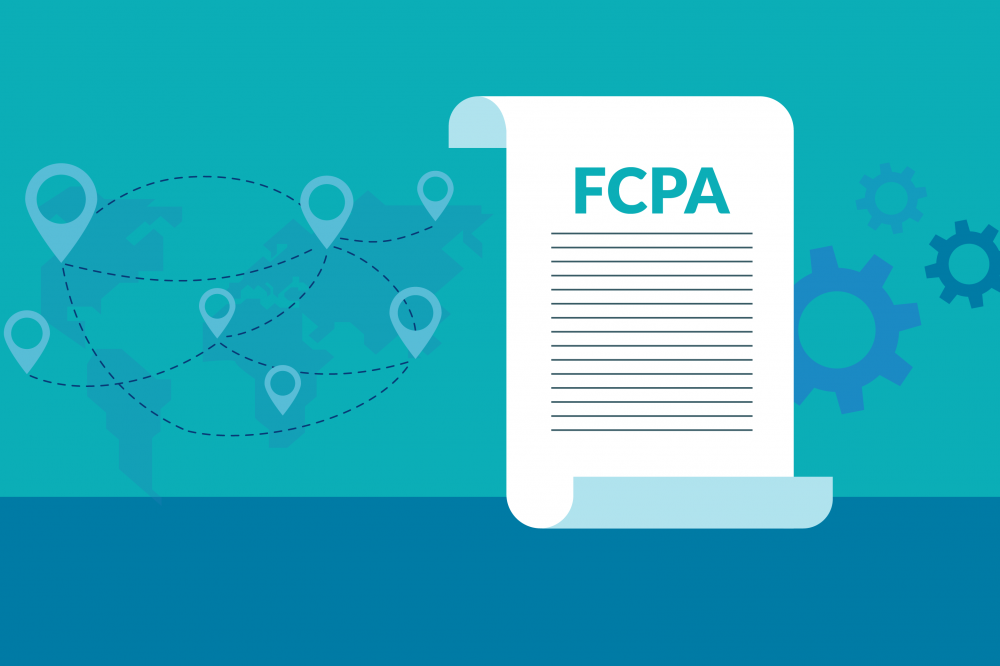
Image Source : Internet
American exceptionalism, commitment to fight all of the world’s scourges and injustices and aggressive enforcement of U.S. law outside of America’s borders come at a price. In its eagerness to punish its enemies, because it can, it is creating a growing club of governments, corporations, politically exposed, wealthy and influential individuals, as well as millions of ordinary people who are fed up with what they view as an overpowering, draconian, and unfair financial and legal system. When American bribery is dressed up as charitable donations, while donations by foreign nationals in another country are prosecuted as bribery, this club of international members with bitter discontent and resentment is growing at an alarming pace and it is now nearing critical mass.
Today, roughly one of every four people on the planet lives in a country whose government is under some U.S. economic penalty. The vast majority of those foreigners have not been charged with any crime, not in their countries, not elsewhere. They object to America’s extra-territorial overreach and they, together with fellow sanctioned people, are figuring out ways to side-step America’s unfair sanctions by excluding their trades from U.S. regulatory agents and system. The biggest problem with America’s aggressive use of economic penalties, which are in fact instruments of financial imperialism dressed up hypocritically as rule-based-order for the entire world to follow, is the cumulative damage it brings upon itself.
And soon, one day, “the wall of Jericho will come tumbling down”!
Edited by Fang Fang
proofread by Wang Yan

